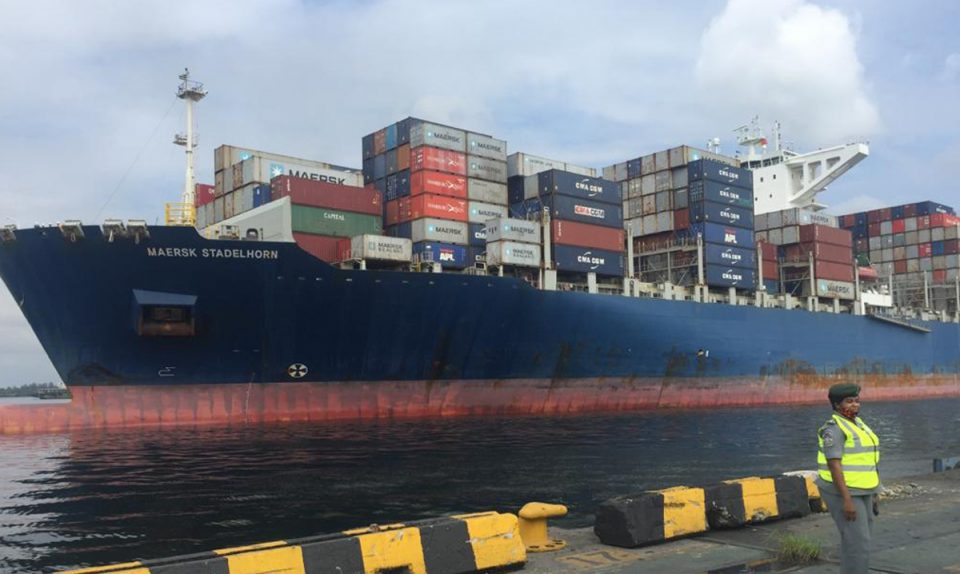Nigeria’s maritime sector has experienced tremendous growth that provided huge economic benefits for its citizens as a maritime nation.
One of its core domains is the shipping and port industries, which have proven to be the most crucial economy activity as essential contributors in facilitating trade. Over these years also the total container throughput has gradually increased.
But regardless of this potential, Nigerian ports are yet to be computerised or fully automated especially with respect to stacking of containers. The country’s primitive ways of stacking containers are still very much in practice especially at the two busiest ports in Lagos- Apapa and Tin Can Island Port. These containers are still not properly arranged for easy location and carriage.
Indeed, this problem is not perculiar to Nigerian ports, as container terminal automation is still at relatively early stages, with an estimated 97 per cent of the world container port terminals not yet fully automated.
According to data collected by the United Nations Conference on Trade and Development (UNCTAD) in 2018, only 1 per cent of port terminals is fully automated and 2 per cent considered semi-automated. Though, experts revealed that these figures significantly rose between 2019 and the current year, as ports around the world are speeding up their electronic process.
For Nigeria, the shoddy manner containers are stacked at ports in Lagos is often, labourous and time wasting for cargo owners when they are trying to locate their containers at various terminals.
These containers are usually scattered due to manual handling of the stacking process at the ports, hence the call for an electronic stacking regime at Nigerian seaports.
Speaking with newsmen recently, the Managing Director of ICNL, Ismail Yusuf, explained that locating containers inside the ports is always difficult for cargo owners due to the way they are scattered inside the port terminals.
“A major problem at our ports in Lagos is the way and manner operators stack containers. When a truck gets into the ports, it takes hours before it can be located because the containers are scattered everyhere,” he said. According to him, there is much more to do for port regulators in terms of proper arrangement of containers inside the port terminals.
He noted that many of the containers are not properly arranged for easy location and carriage, which is not so in saner climes.
“We were in South Africa; I did not even see any Customs officer inside the ports. When I asked them how they pay duty, they said duty is paid electronically even before the cargoes arrive the ports in South Africa.
“The only people we met inside the ports in South Africa are the truck drivers and the terminal operators. All the containers were stacked electronically. The driver will just go to where the containers are stacked and pick them up contrary to what obtains in Nigeria where containers are scattered everywhere.”
Speaking with Daily Sun, a maritime expert, Mr. Anthony Kingsley, said despite the fact that only three per cent of containers terminals are automated, ports around the world are speeding up their automated process and Nigerian port should not be left behind.
“These are the things authorities should take as their main priority because efficient cargo handling is a key element for a maritime port to compete and provide good service levels to its users. This thing can be done through PPP arrangement. This is not terminal operators issue alone. It has to be collective efforts.
“If containers are stacked electronically in the port, it would help terminal operators to remain competitive and efficient in their operations. Enough of paper talks, we need actions. I have been to other ports outisde the country and I see how things are being done. We can do it too, it is not rocket science,” he added.




